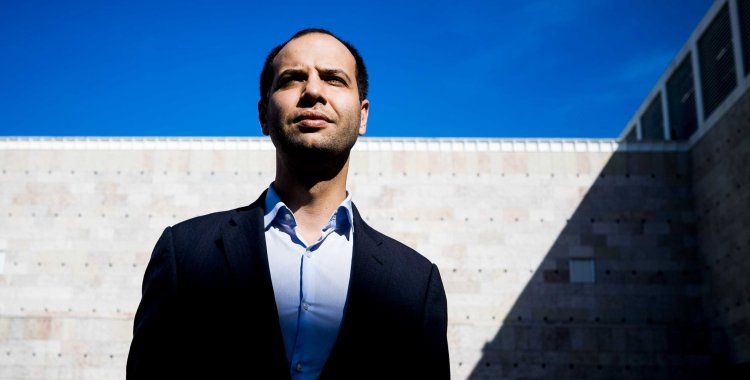In the fourth year of João Lourenço's mandate, who took office on 26 September 2017, and at a time when the country is preparing for new elections, the Oxford University academic considers that the capital of sympathy for the head of state at the international level is not it comes out very pinched, the same not happening internally.
"Immediately, it was seen that there were many exceptions in the alleged war against corruption", despite the narrative that was installed from 2017 onwards being more positive in terms of the external image of the Angolan power, he highlighted. Internally, the situation is "completely different".
João Lourenço, who took a "bellicose attitude" almost immediately against the interests of the old regime, which culminated in November 2017 with the dismissal of Isabel dos Santos, daughter of former Sonangol President José Eduardo dos Santos, enjoyed great popularity over the next two years, but the skepticism of the population soon took hold.
First, due to the extremely serious economic situation that the country has been going through since 2014 and in view of structural and cyclical problems for which President Lourenço's administration did not seem to have original and effective responses.
"It became very clear that President Lourenço had a crisis management posture and not a transformative vision of the country, in fact difficult to achieve in the context of the ultra-reliant on oil that exists in Angola."
Second, due to the "clearly political" dimension in the fight against corruption directed against the interests of Isabel dos Santos and those close to President José Eduardo dos Santos.
"There was the idea that this was a kind of 'vendetta', a witch hunt that had to do with strengthening the power of the new President more than it had to do with a struggle of principle, an ethical struggle against corruption itself wherever it was found," he emphasized.
Therefore, it has been difficult for João Lourenço to present a real dynamic of change: "We are dealing not only with the same party in power, but with many of the same people, even in a context where there is apparently some generational change".
For Ricardo Soares de Oliveira there was a clear slowdown in the campaign against corruption in the last year, in the context of "a certain anxiety" that was being created in the MPLA, since the independence of Angola.
"There is no official denying of the campaign against corruption, it continues to be rhetorically a very important part of João, Lourenço's image, but there hasn't been a very significant deepening of this campaign in the last year", he emphasizes.
The "systemic cleansing" is thus left to face the risks of fragmentation of the MPLA, also chaired by João Lourenço, which is preparing for the next Congress in December.
"I think that João Lourenço's great concern over the last year has been the risk of fragmentation of the MPLA", a party where the "attempt to reunify the large family" encounters barriers due to retaliation against the previous regime.
The analyst argues that, even if the strategic thinking of the Presidency evolves from the hostility of the former president's family to conciliation, in an attempt to obtain the support of the Santos family for 2022, the process has already escaped Angola's control.
"The investigations into the economic interests of Isabel dos Santos that Joao Lourenco triggered are now global, they are taking place all over the world", he stressed. "They are not going to demobilize overnight just because someone in Luanda decides that it is no longer convenient."
Ricardo Soares de Oliveira: the fight against corruption has a clearly political dimension
The fight against corruption in Angola has a clearly political dimension and has slowed down in recent times, considers researcher Ricardo Soares de Oliveira, adding that the President has had difficulty in implementing the speech for change that he launched in 2017.







